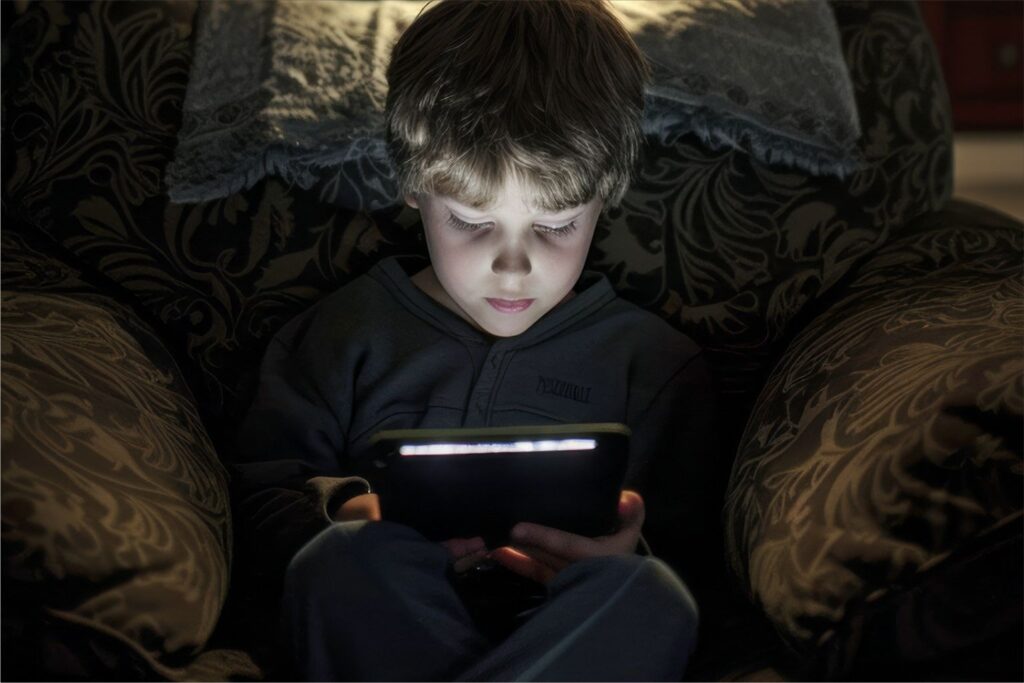
Amid the rising rates of depression and suicide in young people, new research discusses the potential role of social media in this growing crisis.
A new study by researchers at the University of California found that as young folks used more social media, their depressive symptoms increased.
Published in JAMA Network Open and funded by the National Institutes of Health, the study tracked nearly 12,000 children from ages 9 to 13 over a three-year period. The team tracked time spent on social media and also recorded signs of depression during that time.
Also Read | Insomnia, anxiety, and depression may share common brain patterns, study shows
The team found that the average time spent on social media rose from an average of 7 minutes to 73 minutes per day, while depressive symptoms increased by 35%. However, the reverse wasn’t true — a rise in depressive symptoms didn’t predict a later increase in social media use. The study is among the first to use within-person longitudinal data, meaning researchers could track changes over time in each child to accurately assess the link between social media and depression.
“These findings provide evidence that social media may be contributing to the development of depressive symptoms,” Dr Jason Nagata, the lead author and associate professor of paediatrics at UCSF, said.
“Parents can lead by example with open, nonjudgmental conversations about screen use. Setting screen-free times for the whole family, such as during meals or before bed, can help build healthier digital habits for everyone, including adults,” Nagata added.








